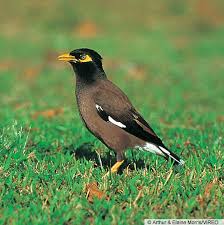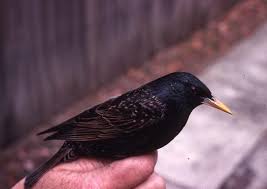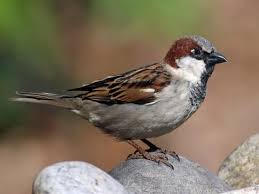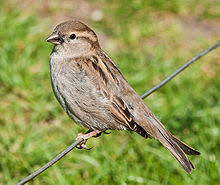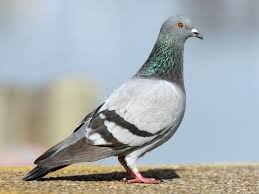
Springtime sees an increase in the numbers of birds brought to the Maranoa Wildlife group (Maranoa Wildlife Caring & Education Centre or MWCEC), and our great supporters BOOBOOK.
It’s peak breeding season for many species. In all the excitement adult birds have mishaps like hitting windows or getting caught by cats, while youngsters can be blown out of nests. We are happy to take these casualties, assess them and pass them on to our dedicated carers.
There is, however, a group of birds we don’t expect the carers to look after. These are the introduced, or feral, species. The plain truth is that there are lots of them and caring for them just diverts precious time and resources away from native birds in need. Also, by keeping and releasing into the wild these birds we may fall foul (excuse the pun!) of the law. Our policy is that we will destroy any feral birds brought to us.
Four species of feral bird are common in Roma, unfortunately. The FERAL FOUR are the House Sparrow, the Common Starling, the Feral Pigeon and the Common Myna. They make a living in our gardens, parks, chook runs and grain storage facilities. Their nests are often unwelcome additions to house roof spaces and their communal roosts blight our footpaths and buildings. Common Mynas and Common Starlings compete for tree hollow nest sites with native birds like parrots. All four carry bird lice and mites which can enter homes from nests in the ceiling and climb onto the nearest warm body – very unpleasant if that’s you!
If you find a bird in trouble please check it isn’t one of the FERAL FOUR before you bring it to us. They are quite easy to identify, just take care not to confuse them with native birds. If you do have a native bird, you can call the MWCEC 24/7 hotline on 0458 624 760.
Stay tuned for next weeks’ blog post on how to discourage feral species of birds from infiltrating your garden.


